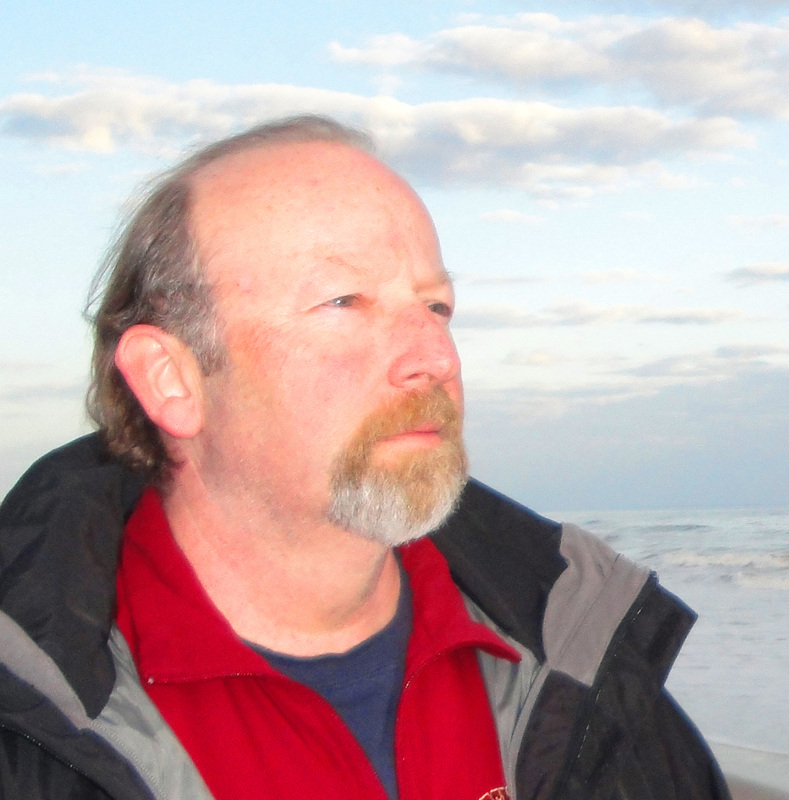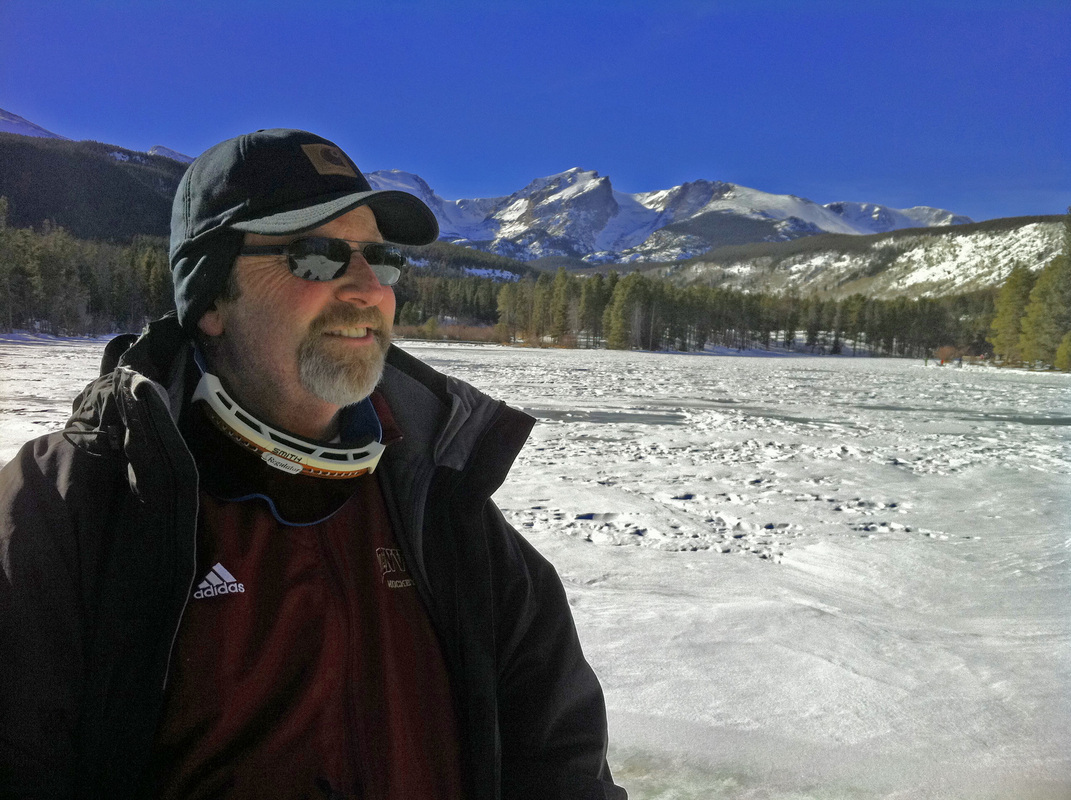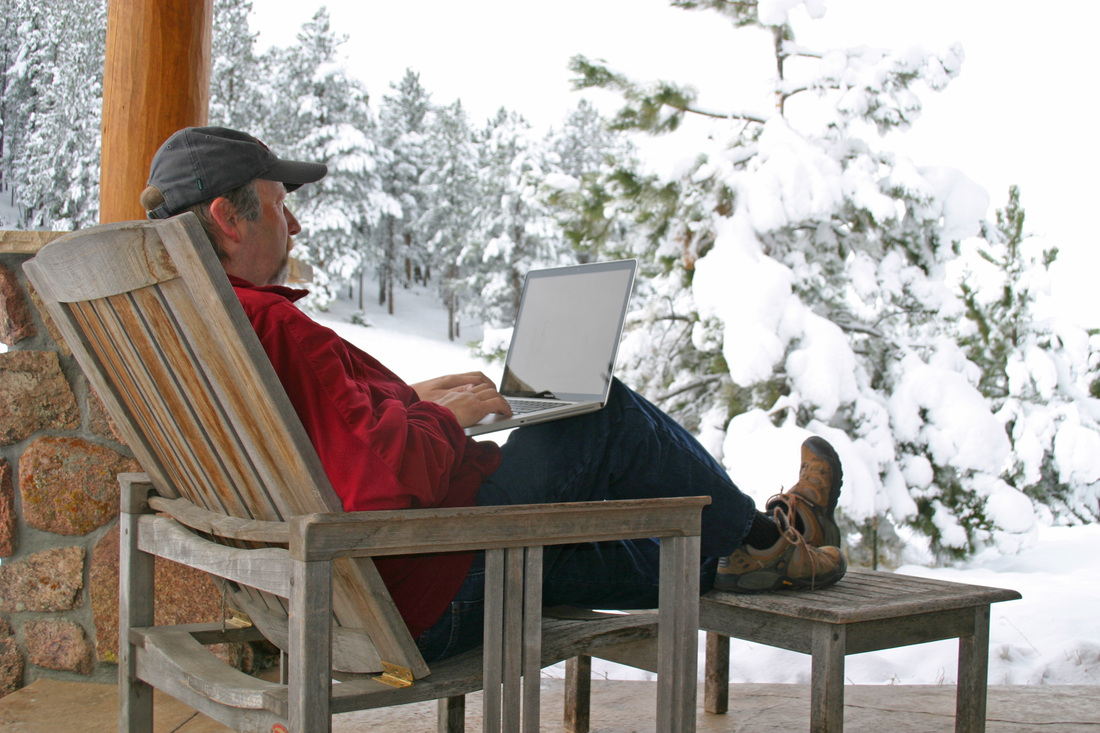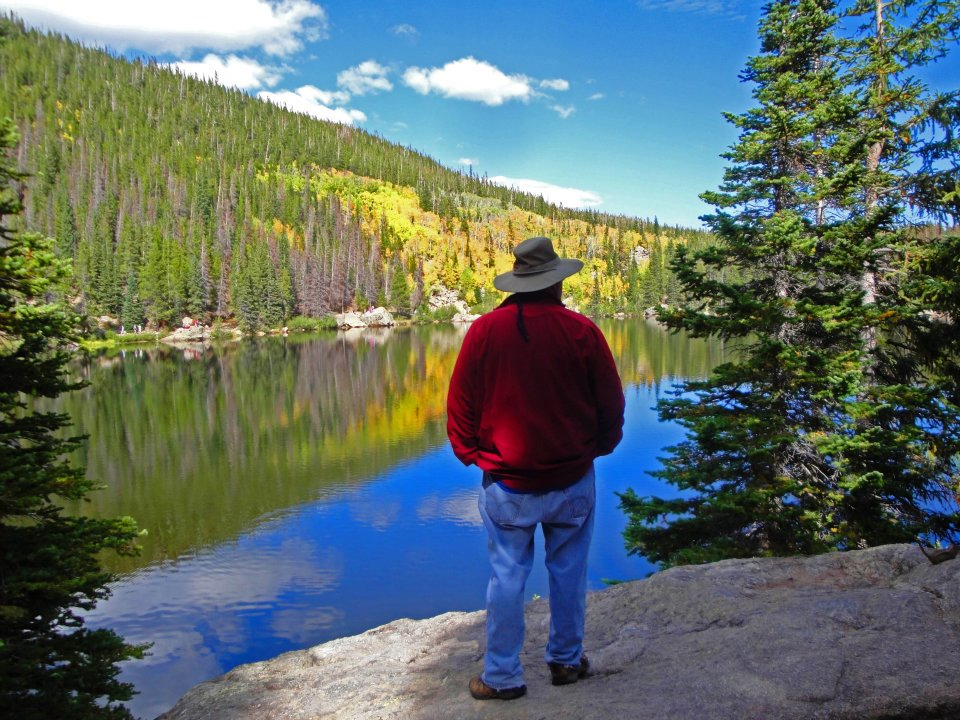“I only went out for a walk and finally concluded to stay out till sundown, for going out, I found, was really going in.”
Yes, John Muir went out walking, looking for the inner beauty that can only found in nature, and he found it.
“Thousands of tired, nerve-shaken, over-civilized people are beginning to find out that going to the mountains is going home; that wildness is a necessity; and that mountain parks and reservations are useful not only as fountains of timber and irrigating rivers, but as fountains of life.”
“One day's exposure to mountains is better than cartloads of books. See how willingly Nature poses herself upon photographers' plates. No earthly chemicals are so sensitive as those of the human soul.”
“Climb the mountains and get their good tidings. Nature's peace will flow into you as sunshine flows into trees. The winds will blow their own freshness into you, and the storms their energy, while cares will drop off like autumn leaves.”
Fortunately for us, the genius of John Muir’s legacy lives on today. In 1903, he convinced President Theodore Roosevelt of the importance of a national conservation program, saving the Grand Canyon and launching the movement that would create many of America’s National Parks.
"The path to personal enlightenment lies all around us, but in the complexity of modern times, the road less traveled by remains obscured. Listening for the resonance of the elusive harmonic tenor of the universe, the divine rhythm of nature can be as difficult to discern as trying to distinguish the forest among the trees. Our chaotic world has become a blur; the speed at which we live our lives is spiraling out of control. Maybe we just need to slow down to ascertain a fresh perspective."
There is a Zen Proverb that encapsulates this concept: 'Before enlightenment; chop wood and carry water. After enlightenment; chop wood and carry water.' After studying Muir’s life, I have concluded that he secretly lived out this simple Bhuddist creed as well.
“During his years in the Yosemite Muir used to view with sadness the distinguished visitors who were so ‘time poor’ that they could spend only one day among the glories of the mountains. He chose to be ‘time-rich’ first of all.”
“I might have become a millionaire,” he once said, “but I chose to become a tramp. I have not yet in all my wanderings found a single person so free as myself.”
The truth was that John Muir was also a successful businessman who chose his solitary life purposefully. Money, for him, was not the ends, but only the means. He chose to live his life in the wilderness, to live deliberately, live in the now… each day, each hour, each moment.
“When he [John Muir] cleared over $100,000 in his fruit shipping business in California, he told a long-time friend that he had all the wealth he would ever want. How did he know? On the Harriman expedition to Alaska in 1899, someone mentioned the great wealth of the sponsor, the railroad magnet E. H. Harriman. Muir replied, “Why I am richer than Harriman. I have all the money I want, and he hasn’t.”
In the wilderness, John Muir found his balance in this world. He walked among nature for all his days, and through his writings and conservation achievements, he left a world that was better because he had lived here.
“A man in his books,” he once wrote, “may be said to walk the earth long after he had gone.”
Above 8,000 feet, high in the Rocky Mountains, I am constantly seeking to walk in the footsteps of the man that defined the meaning of a true vision quest, to live a 'time-rich' life.
“The clearest way into the Universe is through a forest wilderness.”
In the unbridled beauty of the wilderness, John Muir, philosopher, environmentalist and nature lover, truly found his own personal path to the enlightenment. I trust that you will find your path as well.
Excerpts from “The Wilderness World of John Muir” by Edwin Way Teale, and “High Country Haiku – Summer” by Gary Wayne Clark.






